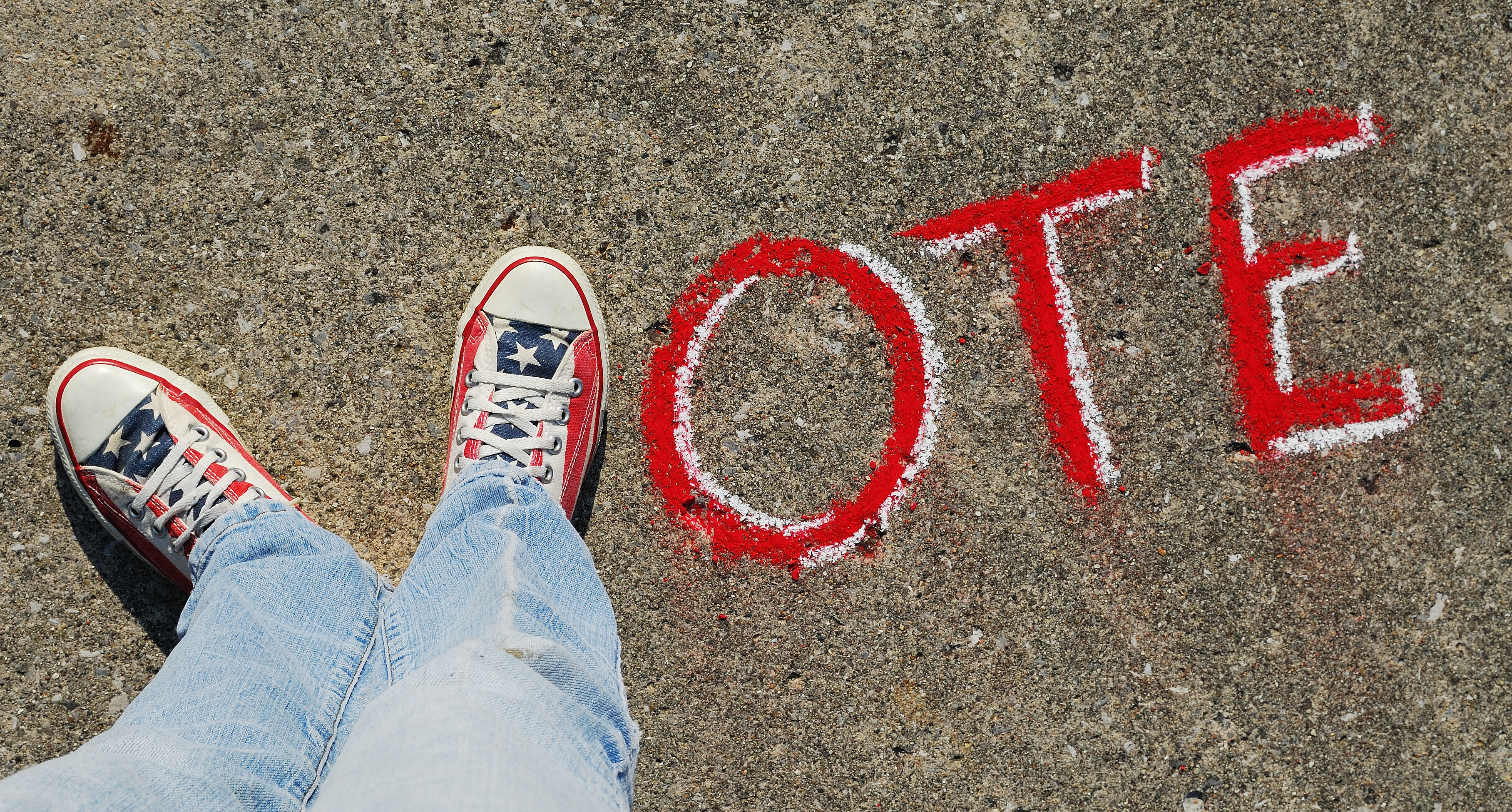When a US federal court blocked Wisconsin’s voter ID law in 2014, Governor Walker famously said, “It doesn’t matter if there’s one, 100 or 1,000 [cases of voter fraud]. Amongst us, who would be that one person who would like to have our vote canceled out by a vote that was cast illegally?” The obvious answer is no one. But Walker’s first statement that “it doesn’t matter if there’s one, 100 or 1,000,” implying that the frequency of voter fraud does not matter, is questionable. In fact, the occurrence of voter fraud is exceedingly rare, especially in comparison to the number of people anti-fraud laws disenfranchise or prevent from voting.
People are guilty of voter fraud when they try to vote unlawfully. US News writes that acts like registering the names of deceased citizens, registering to vote twice, or even voting without citizenship threaten democracy. The election of John F. Kennedy in 1960 was allegedly marred by the acts of the Chicago political machine run by the mayor at that time, Richard J. Daley. Kennedy’s margin of winning had been 8,858 of 4.7 million votes. However, University of Central Florida professor Edmund Kallina Jr., believes that, even in this case, vote fraud did not change the outcome of elections.
Today, voter fraud is uncommon. Many legal sources, specifically studies those done by the Brennan Center for Justice at New York University, discount the frequency of voter fraud and its effect in national elections. The Brennan Center reports that “voter fraud is very rare, voter impersonation is nearly non-existent, and much of the problems associated with alleged fraud in elections relates to unintentional mistakes by voters or election administrators.” Two years ago, US District Judge Lynn Adelman declared that “virtually no voter impersonation occurs in Wisconsin, and it is exceedingly unlikely that voter impersonation will become a problem in Wisconsin in the foreseeable future.” He also nullified Wisconsin’s voter-ID law (2011 Wisconsin Act 23) with a 90-page ruling on its discriminatory practices. In 2005, Ohio found that in an investigation into voter fraud from 2002 to 2004, there were four illegal votes of nine million legal votes. Even so, various forms of governance have created harsh penalties for perpetrators of voter fraud. Federally, offenders who commit fraud risk five years in prison and $10,000 worth of fines per act of fraud. States have their own similarly sizeable penalties. Voter fraud is also extremely difficult to mobilize effectively. In order to influence an election, many voters must complete cheat the system successfully, as individual or few votes does not lead to much change.
Nevertheless, in theory, the goal of stymieing voter fraud is valid — preventing people from rigging elections and voting unlawfully makes sense. In an effort to prevent fraud states have put in place a number of restrictions, including specific photo ID requirements, fewer voter registration drives, restricted early voting, voting rights for those with criminal convictions, distorted absentee ballots, and citizenship documentation. However, these measures have often prevented more citizens from voting than from illegally rigging elections. And as a result, proponents of voter fraud legislation must question if strict laws are doing more harm than good.
For example, take Texas’ experience with voter fraud. Within the past decade (since 2012), 51 people in Texas have been convicted of voter fraud. Of those 51 Texans, only four were convicted for voter impersonation, the crime voter ID laws try to prevent. However, the same laws that four people were convicted for violating are also the ones that disenfranchised approximately 600,000 Texans in 2014. The number of people disenfranchised unfairly is exponentially greater than those who voter ID laws target. Considering the frequency that voter fraud occurs, is it worth preventing at the cost of decreasing the population of people legally certified to vote?
Additionally, voter fraud legislation tends to remove measures that make voting easier, like early voting, same-day registration, and out-of-precinct voting. Early voting helps working adults, especially those who cannot afford to miss days of work, to submit ballots when it is time-appropriate for them, Same day registration also provides flexibility without compromise: It allows those who have recently moved to vote fluidly.
In theory, the goal of stymying voter fraud is valid — preventing people from rigging elections and voting unlawfully makes sense. However, when the objective, or at least its effects, in actuality prevents worthy citizens from voting more than it stops criminals, proponents of voter fraud legislation or voting rights restrictions must question if strict laws are doing more harm than good. Voting rights restrictions that are established to prevent fraud historically rid citizens of the flexible measures originally instituted to get more people to vote.
